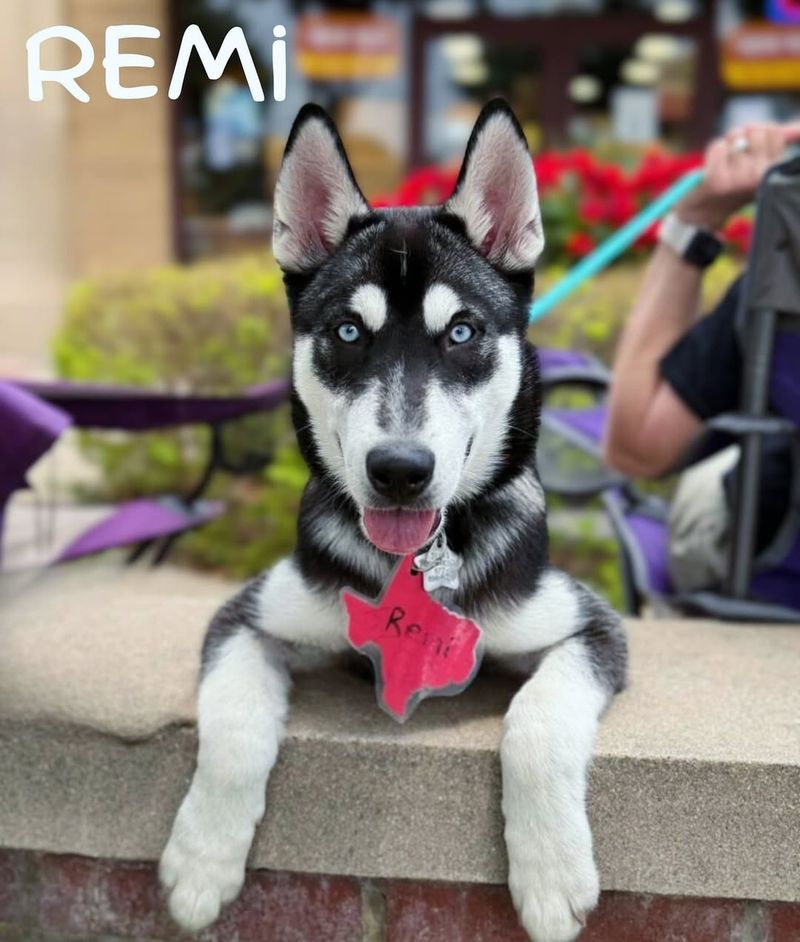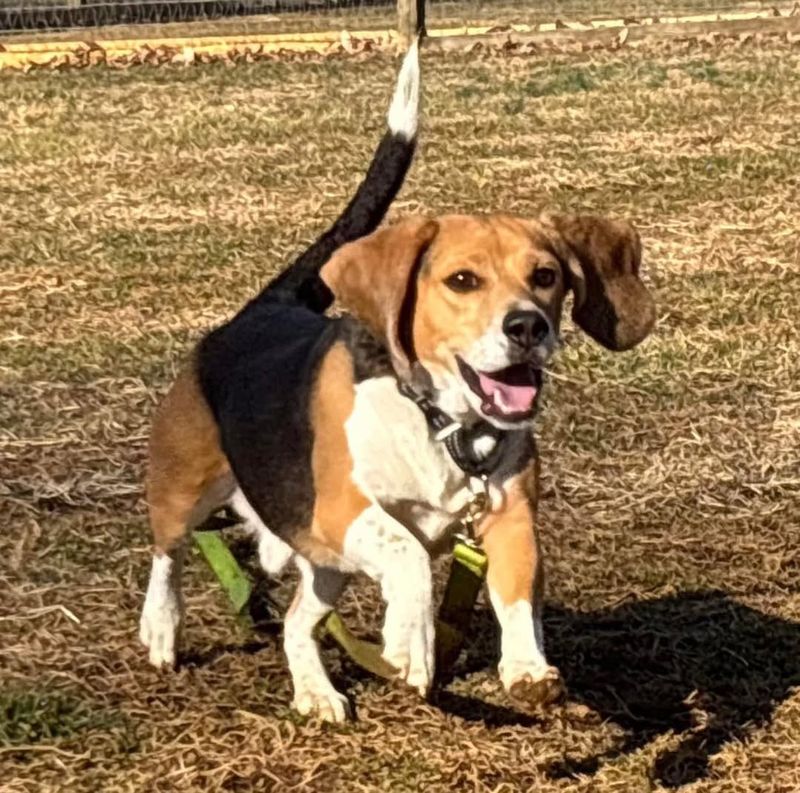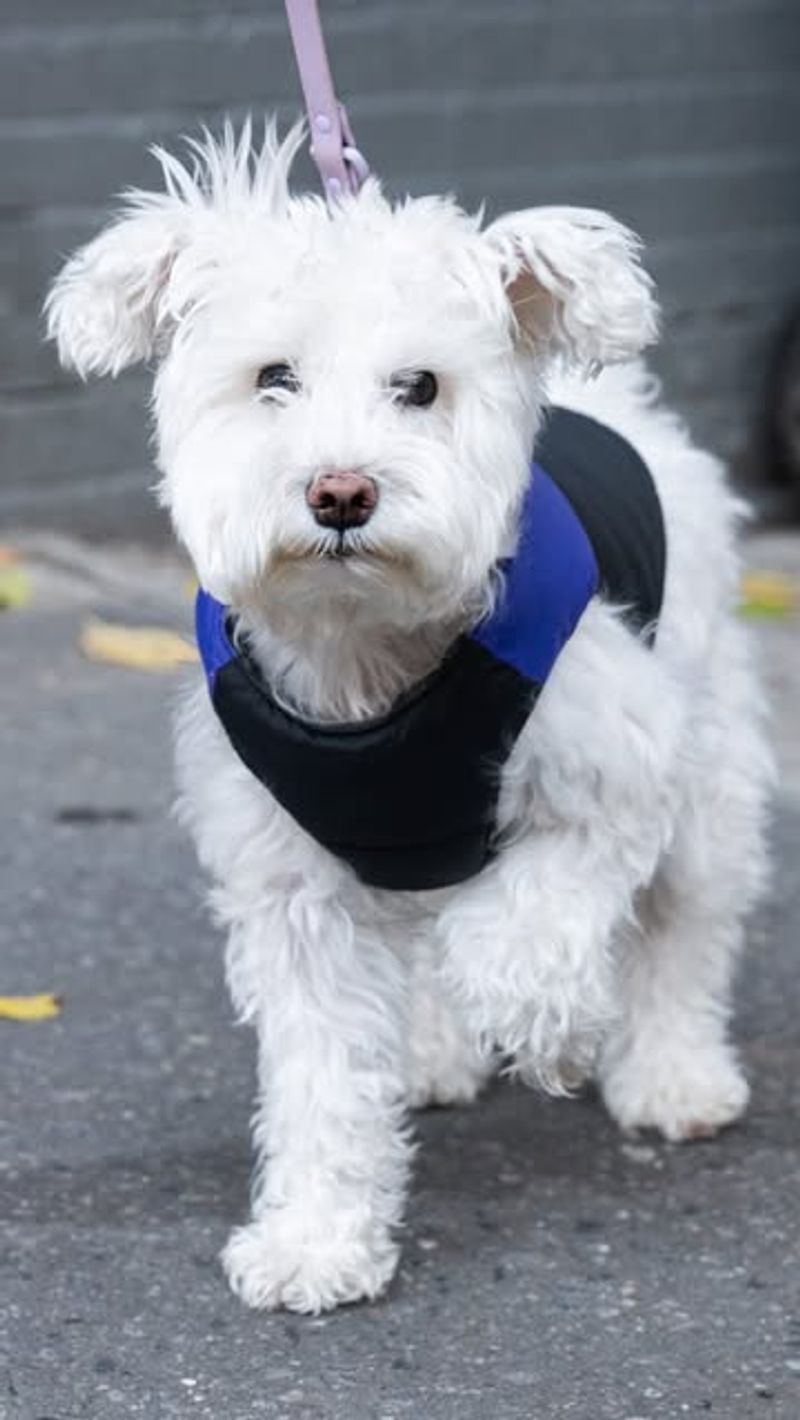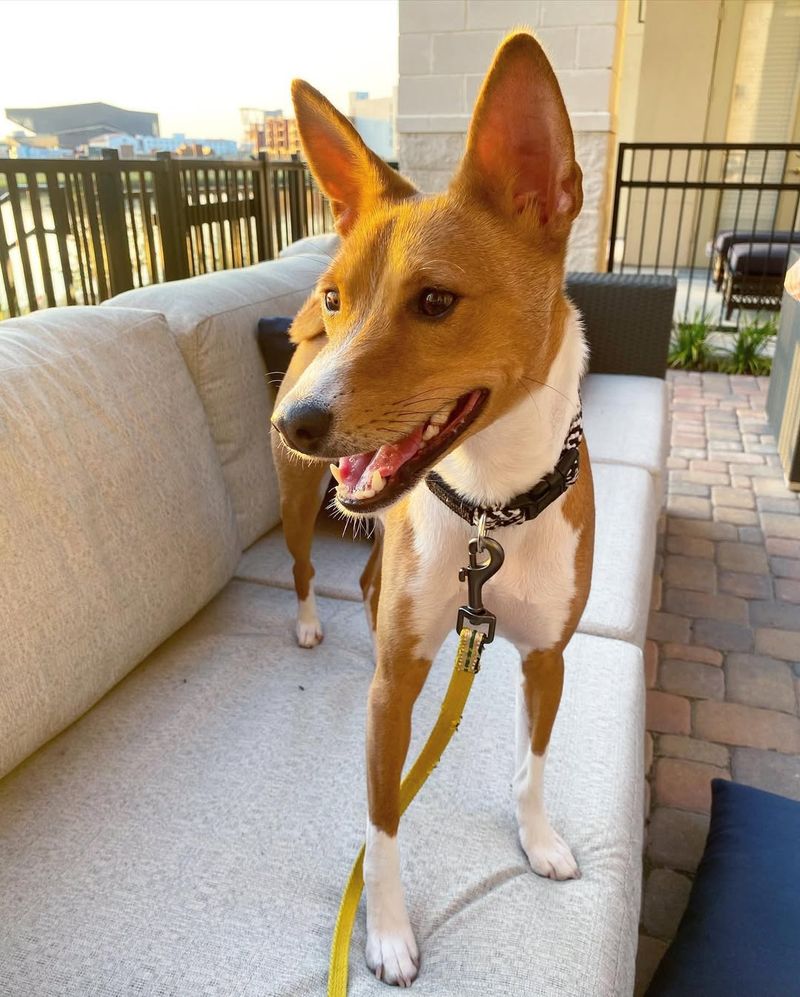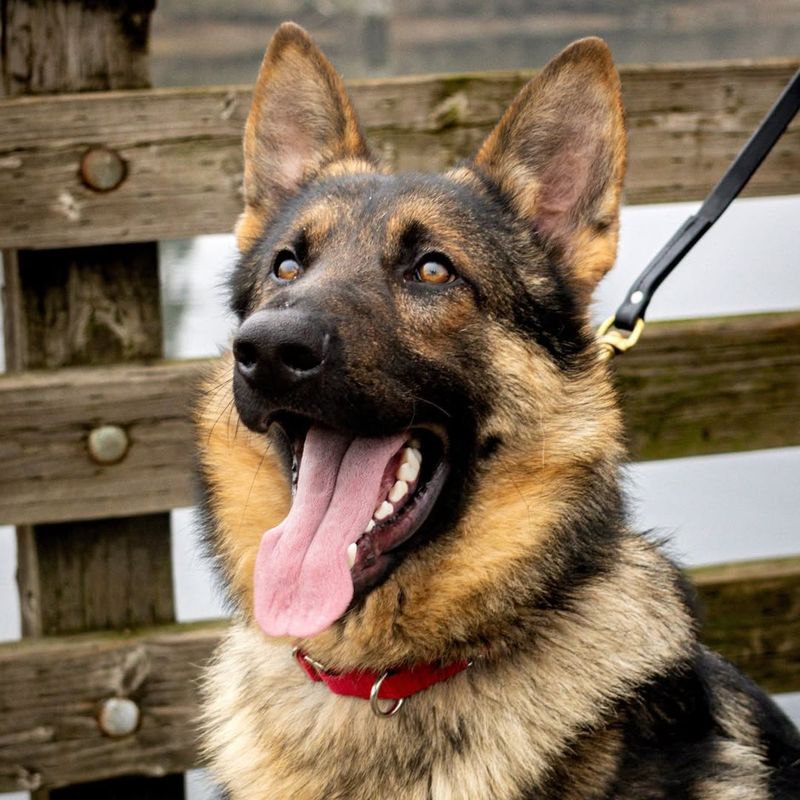Dogs communicate with more than just barks. Some breeds are known for their expressive vocalizations, using everything from howls and whines to barks and growls to express themselves. Whether they’re alerting you to strangers or simply craving some attention, these chatty canines never run out of things to say. Let’s explore eleven dog breeds renowned for their talkative nature, perfect for those who love a furry conversationalist at their side.
Siberian Husky
Siberian Husky
Known for their wolf-like appearance and piercing blue eyes, Siberian Huskies are not only beautiful but also quite vocal. These dogs are famous for their howling, reminiscent of their wild ancestors. Huskies often engage in howling sessions, especially when they are bored or seeking attention.
Additionally, they are known to “talk” to their owners, using a range of vocalizations that can sound like they’re holding a conversation with you. If you enjoy interactive pets, a Husky could fill your home with their chatty presence.
Beagle
Beagle
Beagles are small, energetic hounds with a big voice. They are known for their distinctive baying, a sound they employ to communicate excitement or alert their owners. This breed’s vocal nature is a trait developed through their history of hunting in packs.
As companions, they’re expressive and will let you know how they’re feeling, whether they’re hungry, excited, or curious about the world. Their energetic and friendly demeanor makes them excellent pets for families who appreciate a lively and vocal companion.
Yorkshire Terrier
Yorkshire Terrier
The Yorkshire Terrier, often seen as a lapdog, packs a big personality into their small frame. These dogs are known for their vocal nature, often barking to alert their owners of strangers or strange noises. It’s a part of their terrier heritage to be protective and vigilant.
Despite their small size, they don’t hesitate to make their presence known. Yorkies are ideal for those who want an alert and lively companion. Make sure to train them early to tone down excessive barking, and you’ll enjoy a spirited and affectionate friend.
Dachshund
Dachshund
With their elongated bodies and determined personalities, Dachshunds are more than just cute; they’re also talkative. Known for their persistent bark, these dogs won’t shy away from letting you know if something’s amiss. Historically, they were bred for hunting, and their vocalizations were essential during hunts.
Today, as family pets, Dachshunds maintain their alertness and will communicate when they sense something unusual. They bring a lively energy to any household, and with proper training, their barking can be managed effectively.
Chihuahua
Chihuahua
Chihuahuas may be small in size, but they boast a mighty voice. These tiny dogs are full of personality, often using their bark to express feelings or to alert their owners. Despite their stature, they have a great sense of awareness and will be very vocal if they detect something unusual.
Chihuahuas are fiercely loyal and protective, traits that often manifest through their vocal nature. They make fantastic companions for those who appreciate a dog with a big voice and an even bigger heart.
Pomeranian
Pomeranian
Pomeranians are lively little dogs known for their fluffy coats and vibrant personalities. They are incredibly vocal, often barking to grab attention or communicate their excitement. This breed’s alertness makes them excellent watchdogs despite their small size.
Poms have a range of vocal expressions, from joyful barks to curious yaps, and they thrive on interaction with their families. For those who enjoy a dog that’s both a spirited companion and a vigilant protector, the Pomeranian is a perfect choice.
Miniature Schnauzer
Miniature Schnauzer
Miniature Schnauzers are energetic and expressive dogs, known for their distinct appearance and lively bark. Originally bred as farm dogs, they have retained their alert nature, making them vocal when strangers approach or when they detect unusual noises.
Their expressive vocalizations are often accompanied by equally expressive body language. They make loyal companions who will undoubtedly keep you entertained with their antics and protective instincts. Proper training from an early age will ensure their barking remains a charming trait rather than a nuisance.
Basenji
Basenji
Known as the “barkless dog,” Basenjis are unique in their vocal expressions, often making yodel-like sounds called “baroos.” This ancient breed is both intelligent and independent, with a distinctive way of communicating. Rather than barking, they use a series of sounds that are both entertaining and endearing.
They are quite expressive, and their vocalizations reflect their mood and curiosity. Basenjis are great for those who appreciate a dog that is vocal but not necessarily in the traditional barking sense. Their unique sounds add an exotic touch to their charming personalities.
Basset Hound
Basset Hound
Basset Hounds, with their soulful eyes and droopy ears, are as vocal as they are charming. Known for their deep, resonant howls, they use their voice to communicate a range of emotions from excitement to curiosity. Their vocal nature stems from their history as pack animals.
Besides their howls, they have a repertoire of sounds that they use to express their needs and feelings. Basset Hounds make wonderful family pets, especially for those who appreciate a dog with a unique voice and a gentle demeanor.
Pug
Pug
Pugs are known for their charming, wrinkled faces and their playful personalities. They are vocal in a different way, often making snorting and grumbling sounds that add to their endearing nature. While not typical barkers, their vocalizations are a blend of joy and curiosity.
They often “talk” to their owners with these unique sounds, making them an entertaining pet for families. Pugs thrive on interaction and will use their vocal behavior as a way to engage with their humans. Their playful sounds are sure to bring laughter and joy to any household.
German Shepherd
German Shepherd
German Shepherds are intelligent and versatile dogs, known for their protective instincts and vocal nature. They are often used as working dogs due to their ability to communicate effectively with their handlers. Their bark serves as an alert system, signaling the presence of strangers or potential threats.
Besides being protective, German Shepherds are also loving companions. They use their vocal expressions to interact with their families, showcasing their deep loyalty and affection. With proper training, their barking can be managed, ensuring they remain both a guardian and a cherished family member.

